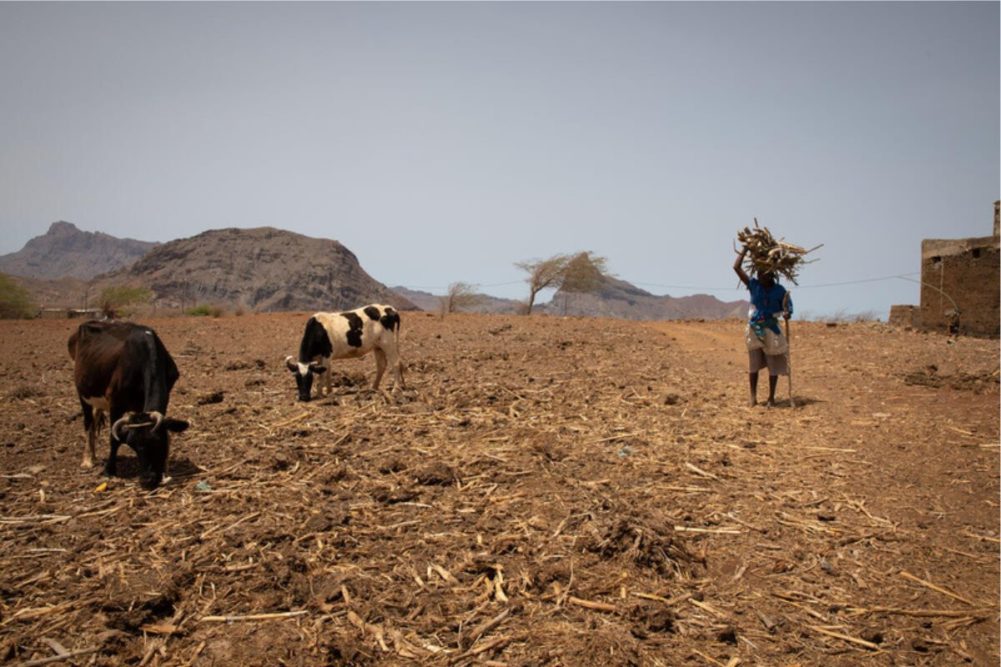ROME, ITALY — Ethiopia, Nigeria, South Sudan and Yemen are among the countries identified as being at “highest alert” as hotspots with catastrophic conditions, according to a new report from The Food and Agriculture Organization of the United Nations (FAO) and the United Nations World Food Programme (WFP).
The report, “Hunger Hotspots — FAO-WFP early warnings on acute food insecurity,” was issued by the FAO and the WFP along with a stark warning of multiple, looming food crises. According to the organizations, the food crises are being driven by conflict, climate shocks, the fallout from the COVID-19 pandemic, and massive public debt burdens. Additionally, the war between Russia and Ukraine has exacerbated already steadily rising food and energy prices, the organizations noted.
The report calls for urgent humanitarian action in 20 “hunger hotspots,” which are countries where acute hunger is expected to worsen between June and September. On “highest alert” are Afghanistan, Ethiopia, Nigeria, Somalia, South Sudan and Yemen. Countries in the “highest alert” category have parts of the population facing catastrophe or at risk of deterioration toward catastrophic conditions, with up to 750,000 people facing starvation and death, the FAO and the WFP said.
Countries in the “very high concern” category are facing deteriorating critical conditions. This group includes the Democratic Republic of the Congo, Haiti, Kenya, the Sahel, the Sudan and Syria.
Rounding out the “hunger hotspots” are Sri Lanka, West African coastal countries (Benin, Cabo Verde and Guinea), Ukraine, Zimbabwe, Angola, Lebanon, Madagascar and Mozambique.
“We are deeply concerned about the combined impacts of overlapping crises jeopardizing people’s ability to produce and access foods, pushing millions more into extreme levels of acute food insecurity,” said Qu Dongyu, director-general of the FAO. “We are in a race against time to help farmers in the most affected countries, including by rapidly increasing potential food production and boosting their resilience in the face of challenges.”
David Beasley, executive director of the WFP, said the world is facing a perfect storm that not only is going to hurt the poorest of the poor, but also overwhelm millions of families who have been struggling to survive.
“Conditions now are much worse than during the Arab Spring in 2011 and 2007-2008 food price crisis, when 48 countries were rocked by political unrest, riots and protests,” Beasley said. “We’ve already seen what’s happening in Indonesia, Pakistan, Peru, and Sri Lanka – that’s just the tip of the iceberg. We have solutions. But we need to act, and act fast.”
For the full report, click here.




